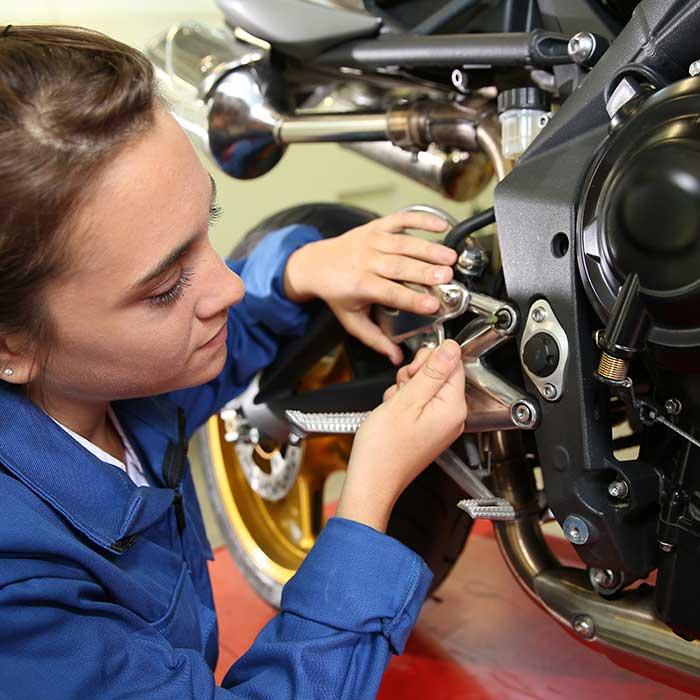Re-thinking work experience
One of the immediate and long-lasting impacts of the pandemic as it related to careers education was upon work experience. The closure of much of the economy and the lasting impacts upon the fortunes and operations of many businesses has led to the suspension of most work experience programmes. In post 16 institutions this has had a profound effect upon study programmes. In schools, we have seen the reduction of the vast majority of work experience programmes in years 10, 11, 12 and 13.
Even now, as the economy opens up and recovery gathers pace – the opportunities for mass work experience programmes are limited. Many employers are still operating “work from home if you can” policies and where activity on-site is taking place, the risk and logistics of organising meaningful experiences are enough to put many employers off. This is particularly applicable to many smaller employers who have typically provided huge amounts of support to programmes in the past – but who may now lack the capacity and infrastructure to offer the level of support required. We also know that many employers are simply focussed upon rescuing what is left of their businesses and trying to recover as best as they can. Offering substantial work experience placements and supervision is understandably not a priority.
As a company operating in the careers education sector, C+K is mindful of its role in promoting employer engagement and world of work experiences in a meaningful and sustainable way. Programmes have to balance benefits to the young people taking part with ease of organisation for the school/college and minimum disruption and benefit to the employer. Work experience, particularly for school students, often takes place at set times during the year. Even under pre-covid circumstances, this could place significant pressure upon the volume of placements available and the ability and willingness of employers to meet demand. Under post-covid circumstances this is no longer a realistic option. It is important that collectively we do not “crowd out” the work experience placements that are absolutely necessary to successfully complete a study programme or an undergraduate degree. The introduction of T Levels is placing additional requirements for employer placements and a degree of prioritisation has to be exercised when considering whether a mass work experience programme is feasible or indeed, the right thing to do.
Notwithstanding the legitimate concerns around volume and logistics involved in securing placements, we have been asking ourselves the question about the efficacy of traditional work experience as a means to helping young people gain an understanding of the world of work and in securing good employment outcomes in the future. Research has repeatedly highlighted the importance of employer engagement in improving employment outcomes and reducing the likelihood of a young person being NEET. However, a weeks work experience, with little preparation and evaluation, does not always constitute meaningful employer engagement. The inclusion of work experience in the Gatsby Benchmarks, whilst providing a welcome emphasis upon its importance, has often led to a tick-box which ensured compliance but does not pay sufficient attention to individual need, quality of experience and post placement reflection and evaluation.
At C+K we have been planning for the long term. We do not believe that the circumstances will arrive in which the challenges and practical considerations will change. We also believe that we can work with schools/colleges, young people and employers to design virtual and blended world of work experience programmes which better meet need and deliver consistent, quality learning outcomes. These programmes can be delivered more flexibly within the curriculum and can support both generic and sector specific elements of work. Real-life assignments designed by employers can be delivered alongside teacher and careers adviser input and a broader and more personal employer perspective can be accessed by young people who want to explore the vast range of opportunities available to them in terms of future study and employment.
Our previous role in organising work placements prevented us from thinking differently about how to deliver the best experience for all concerned. We recognise that work experience is an integral part of young people’s progression, we now have a much improved offer in place for the vast majority of students. We have been working with employers including Atkins, The Lawrence Batley Theatre and Kier and we would like to thank everyone who has supported and contributed so far. We will continue to develop valuable assets and resources and look forward to working with all our partners to develop WOW - World of Work as a flexible, high quality programme for the future.










